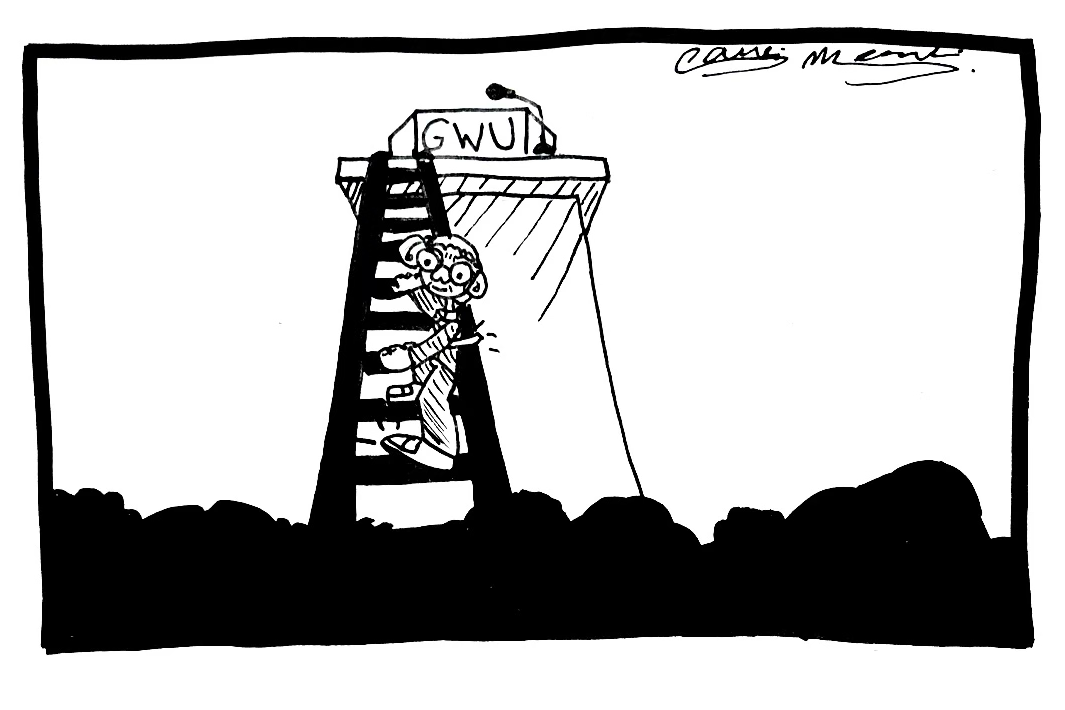While the GW Hospital was named one of the top D.C.-area hospitals for the first time in years, the District was also ranked as one of the most expensive cities to move to in the world.
Here’s the best and worst from this week’s headlines:
Thumbs Up:
GW’s hospital has not been rated among the best D.C. hospitals for at least three years, but that changed this week with a No. 5 ranking by U.S. News & World Report.
Prospective physicians and nurses attending GW should be relieved to attend a school with a standout hospital where they could potentially work after graduation. In years past, the hospital missed the cut on U.S. News’ rankings and received “average” ratings in nearly every adult procedure. Now that the hospital has bounced back, medical students and physicians alike have an institution to tout again.
The hospital’s high ranking means the perceived quality of their education and experience studying medicine at GW is better and respectable. GW researchers who work out of the hospital can reference the hospital’s top credentials and patients can have more trust in their doctors and nurses who will care for them during their stays.
Now that the hospital is back on the charts, medical school graduates will not need to look past campus for their next job. They can be proud to have a top-tier hospital where they may complete their internship and residency.
Thumbs Down:
The District has been ranked the 14th most expensive city in the world to move to, which could deter people who want to live in D.C.
The rating by Movinga, a Berlin-based moving company, states that the cost of moving to D.C. from any other country or U.S. state costs about $9,300 for an individual and about $17,000 for a family, factoring in the first three months costs of groceries, obtaining a visa, rent and other bills. The high cost of living in the District means fewer affordable housing options and potentially displaced low-income residents.
Despite the company’s rating, District officials are aiming to build thousands of more affordable housing options by 2025. The D.C. government took feedback from residents last week on where they think affordable homes should be built and whether residents think the current distribution of affordable homes is fair. District officials already know what the company’s study solidified – that the city is expensive and the government needs to place more people in affordable housing units.
Movinga’s ranking reveals that low-income individuals may struggle to live in D.C. while those pocketing a larger paycheck could be financially comfortable moving to the District. Those looking to live in the District, including GW graduates and students who live off campus, should not need to leave their college hometown because the costs are too high. Forty percent of GW graduates stay in the District for work after graduation, and they should not need to worry about D.C.’s high cost of living while they search for jobs and find a home.
Hannah Thacker, a freshman majoring in political communication, the the Hatchet’s contributing opinions editor.



